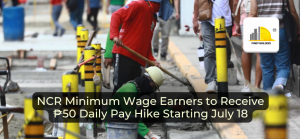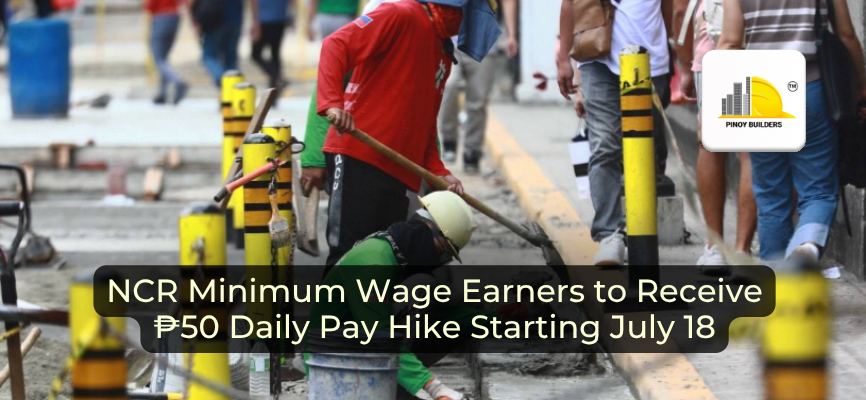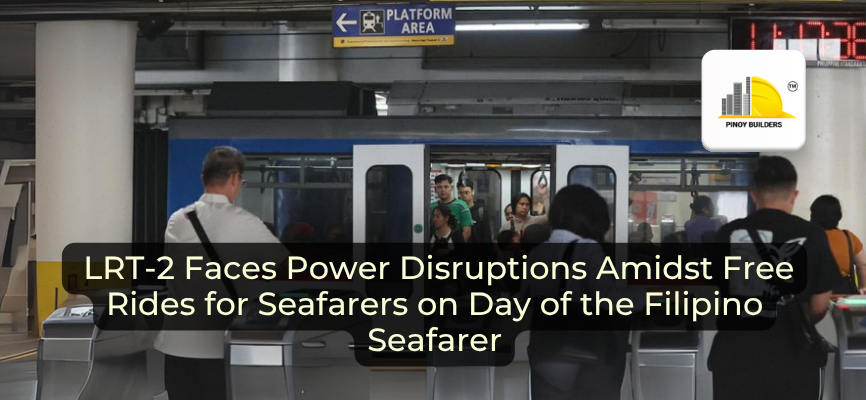Have you considered purchasing a foreclosed home at a reasonable price? As you might expect, knowing what you’re searching for and how to buy for a foreclosed home is crucial.

Photo Courtesy: Freepik
Unfortunately, con artists frequently take advantage of this, duping potential house buyers into paying for properties that do not exist or misrepresenting the terms of the deal.
Fortunately, you can avoid falling prey to real estate scams once you spot the red flags that give away some of the most typical real estate scams.
Here are simple but effective ways to do to avoid foreclosed property scams.
1. Know the real and legal owner.
Due diligence entails determining who legally owns a property so that you can purchase it from the rightful owners. It makes absolutely no difference whether a property is for sale by the owner/developer or is a foreclosed property; you should only buy from the actual owner.
The best way to determine the registered owner of a property is to check the title and tax declaration. The Registry of Deeds (RD) can provide you with a certified accurate copy that covers your target property.
- How to get title and tax declaration?
You can get a certified true copy of the tax declaration from the City Assessor’s Office. For both the title and tax declaration, you will need a letter from the owner giving you permission to do so. If they can’t or won’t give you one, that’s a bad sign!
You can also inquire about the property’s status and statement of account with the Home Owners Association (HOA). Before providing any information, the HOA will usually request permission from the property owners. If you’re dealing with the right people, they’ll be able to provide you with an authorization letter. If not, consider it a red flag!
If you plan to buy a home in a village/subdivision, always check with the HOA first. If you want to buy a condo unit in a condo project or building, check with the Condo Corporation first.
Bank/institutional foreclosed properties are offered for sale “as-is, where-is.”
RELATED: 8 Useful Home Improvements to Add Value to Your Property
2. Verify that a real estate broker or agent is authorized to sell a property.
Request a copy of the owner’s Authority To Sell (ATS).
The authority to sell foreclosed properties from banks and other entities with foreclosed properties/acquired assets is typically gained through an accreditation process. Check to see if a real estate broker or agent is indeed accredited by a bank or institution.
Then, you might see if they are in good standing or if they have been blacklisted and can no longer sell foreclosed properties from a bank or other business.
Not all banks and other businesses accredit real estate brokers and agents. Brokers/agents, for example, may not sell Pag-IBIG foreclosed properties. Pag-IBIG is the only place where interested customers can purchase directly.
3. Check if a real estate broker is PRC licensed or registered.

Photo Courtesy: Freepik
You must also check if a real estate broker is PRC licensed because of R.A. 9646—the Real Estate Service Act of the Philippines (RESA) Law.
To make the real estate business more professional, the RESA Law makes sure that only licensed real estate professionals who have the right skills can sell properties. This protects buyers and sellers from unlicensed real estate brokers and agents.
The PRC website allows you to check the legitimacy of a real estate broker’s license.
RELATED: 7 steps to measuring your property line
4. Never make direct payments to real estate brokers.
If you do this, you might encounter these following dangerous scenarios:
- The agent or broker might be tempted to spend or hoard the funds received from the client.
- This is a perfect opportunity for scammers to steal your money.
- There’s a chance they’ll lose their money before they can send it to the seller.
5. Google it.

Photo Courtesy: Freepik
Another thing that you can do before purchasing a house is to conduct a Google search. Just keep an eye out for the same thing, same property, size and location.
Unless they have already sold the property, finding it listed on websites like Lamudi, Property24, or even my own ForeclosurePhilippines.com* can be a red flag. To find out whether the property you’re interested in is already sold, call the bank or organization that listed it.
Once confirmed sold, all that remains is to confirm the identity of the new owner (again, through the other steps mentioned above). Maybe someone else already owns and is selling the property to you (they’re “flipping” it). As part of your due diligence, verify that they are the new owners of the property.
RELATED: 5 Things to Do Before Hiring a Contractor for Your Dream Home
Real estate scams are unfortunately common, but you don’t have to be a victim. Only work with certified people you can trust, and become familiar with some of the most typical scam warning signals. Also, if you suspect you’ve been a victim of a real estate scam, contact the authorities immediately.
Subscribe now to see more content like this in the future!
CITATIONS:
- Castillo, J. (2021, November 23). How to identify and avoid foreclosed property scams. Foreclosure Philippines. Retrieved February 21, 2022, from https://www.foreclosurephilippines.com/how-to-identify-and-avoid-foreclosed-property-scams/
![]()










